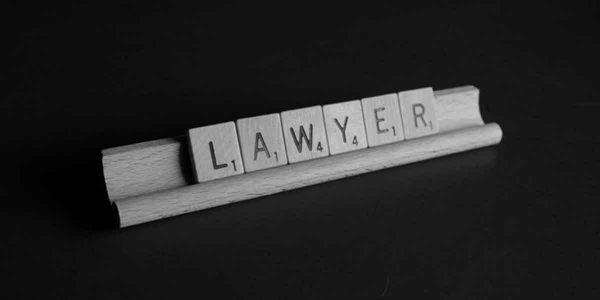Probate is the process of distributing the assets of a person to his/her beneficiaries upon his/her death under the court supervision, no matter whether he has a Will or not. It gives the surviving spouse, children, or other close relatives of the deceased person the legal authority on his/herwealth. This process can become complicated for several reasons. For instance, there are many beneficiaries, or the estate is quite large, or there are various unknown outstanding dues. So, it is better to appoint a Brooklyn Probate Lawyer to handle the entire process since he/she is well aware of the Probate law of Brooklyn.
Steps usually the Brooklyn Probate Lawyer follows to simplify the process
They follow these 5 steps.
1. Files To Be The Executor Or Personal Representative While Opening The Estate
If the decedent has a Will, the court appoints an executor to look after the estate, clear all the outstanding dues including insurance premium, taxes, and bills and finally distribute it to the heirs or as mentioned in the Will. The first step is to admit the Will to probate in order to appoint an executor. In the absence of Will, the court appoints a personal representative of the estate.
Typically, the surviving spouse, adult child, or any close friend of the deceased is the preferred choice of the court as an executor or personal representative to administer the assets on behalf of the owner. In many cases, the court also gets a bond signed from the newly appointed administrator. This is to produce all the expenses made during the probate from the estate fund with appropriate evidence. In some Wills, it is mentioned that the executor does not need a bond. And the court values the intention of the deceased.
2. Brooklyn Probate Lawyer Makes The Beneficiaries Aware Of The Notice Issued From The Court And How To Respond To It
All the heirs have the right to object to the petition if they have any valid reason, but this will delay the probate process even if it may continue for years. However, the notice is to formally inform all the beneficiaries about the probate filing. No issue should arise so far.
According to the Brooklyn Intestacy Law, anyone can be beneficiary, unless mentioned otherwise. Generally, the surviving spouse, children inherit the wealth of the deceased. If they are not alive, grandchildren become heirs. For an unmarried or widower and issueless, his parents, siblings, nephews or nieces, or other distant relatives become the legal beneficiaries.
3. The Executor Or The Personal Representative Must Inform The Creditors
After getting the notice from the court, the Brooklyn Probate Lawyer advises the executor to give notice to all the estate based creditors as an essential part of the probate process. You should do this within a stipulated time period.
The administrator has no right to distribute the property among the heirs until all the dues and claims have proper settlement. If he/she does so, he will be liable to clear the dues of the creditors from his/her own personal fund. So, the probate without any added hassle generally continues up to one year to finish all the claims of the creditors.
An inventory is taken of all the property of the owner, including real estate, bank accounts, stocks, business interests, bonds, insurance policies, and other personal property. The personal representative must verify, manage, and sell if needed after intimating the court.
4. All The Expenses Associated With The Deceased Will Be From The Estate Fund Before Distribution
Starting from the day of his death, any kind of expense, whether it is funeral cost, medical bills, or taxes and dues to the creditors, should be cleared by the executor from the estate fund before the beneficiaries receive them. Though it seems weird, people try to scam estates after one’s death. Sometimes, the situation goes the worst, and the personal representative needs to sell the entire assets to clear the pending amount even though they are mentioned in the Will.
5. Distribution Of the Wealth After Clearing All Kinds of Outstanding
Finally, the amount left after making all the dues clear goes to the heirs. They finally inherit the deceased property, as mentioned in the Will or according to the intestacy law of Brooklyn. If it requires creating a trust for the minor or incapacitated family member, that also happens from the estate fund.
After the beneficiaries receive their inheritance, the duty of the executor ends, and you can close the probate.







